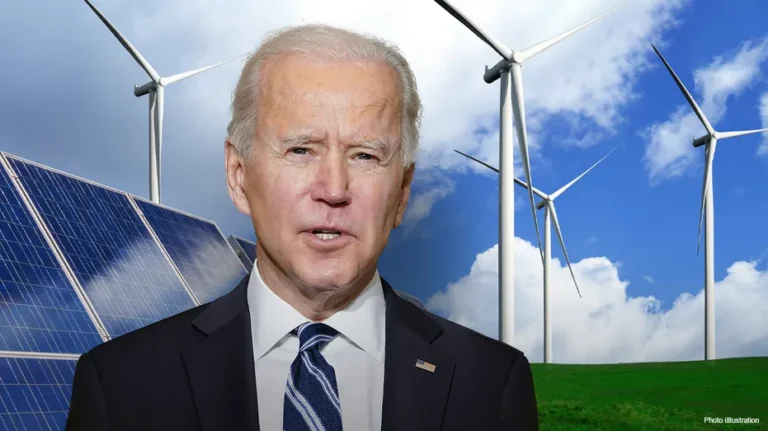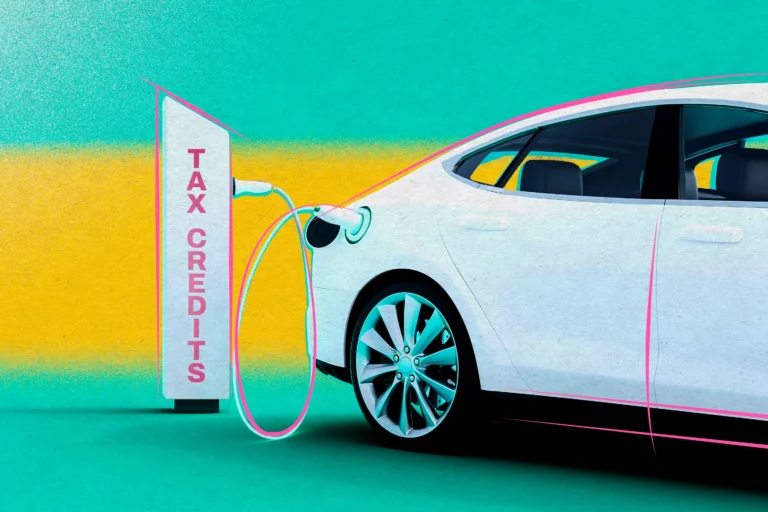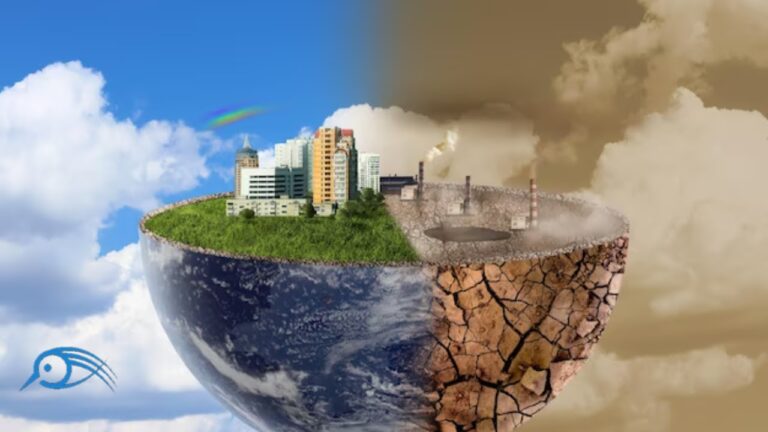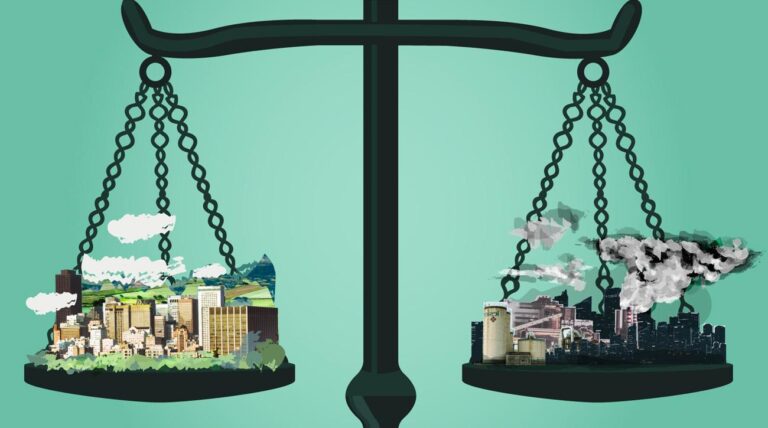Senate Votes Against Green Energy
Douglas McIntyre and David Callaway, Editors-in-Chief at Climate Crisis 24/7, react to the passage of a major Senate bill seen as a crushing blow to the climate movement. Comparing the outcome to a 21–0 baseball loss, they note that climate advocates anticipated setbacks—but the final version delivered even more significant defeats. Green energy initiatives, especially…





















